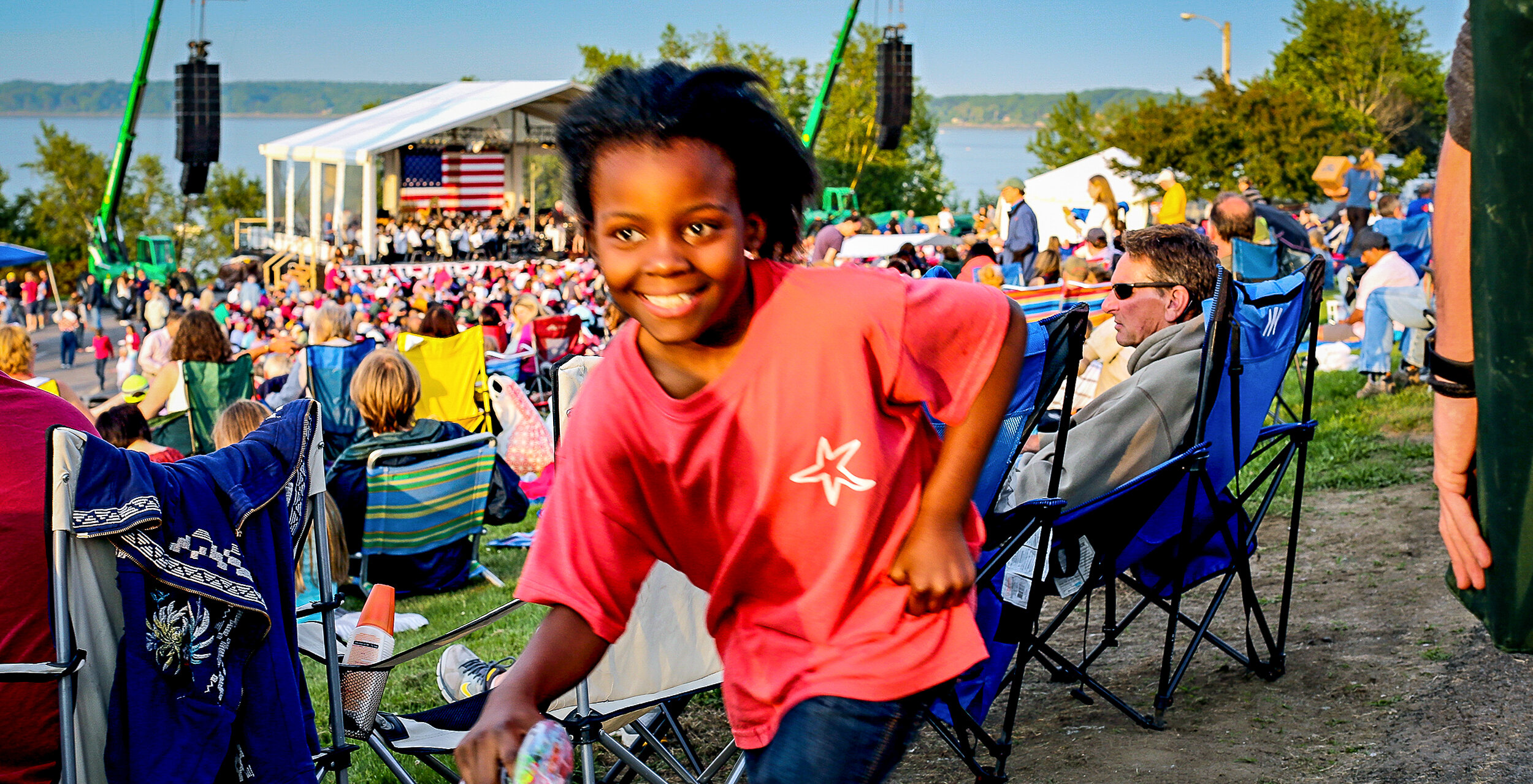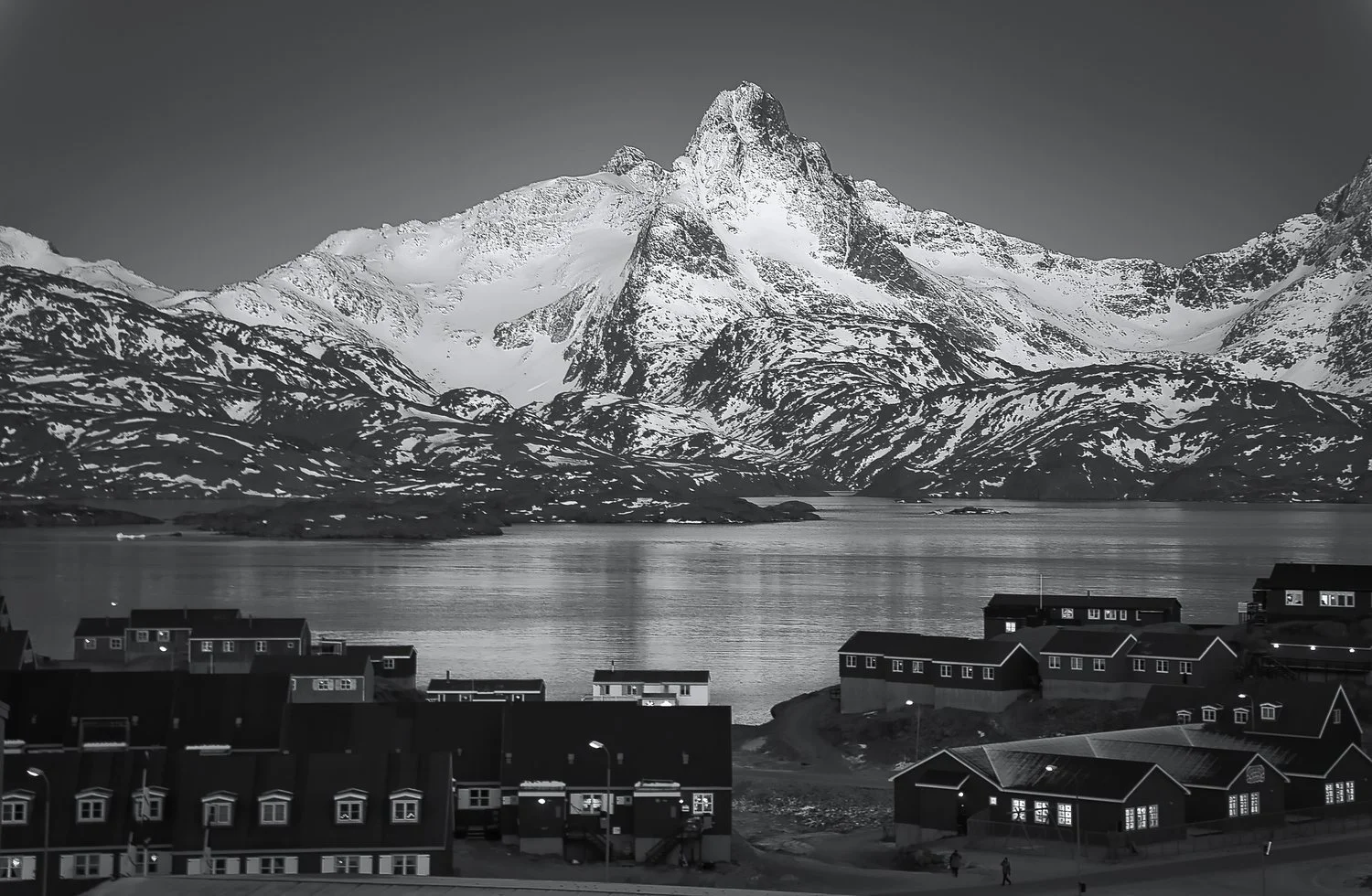Which Generation Will You Be Voting For?
This article arose from a conversation I had with a friend concerning a piece posted on Facebook. The post posited the idea that we should ask our children which party or option we should vote for in an election, then simply do what they choose. No questions asked. Perhaps the ideal gift for Christmas?
The concept was simple. The future is theirs more than it is ours. They will have to live with the consequences of the decisions made by those elected so they should have the say, not us who are older.
My friend and I were immediately captivated by this idea and heartily endorsed it. It resonated with the School Strike for the Climate, and Greta Thunberg, and I felt moved to write a positive short article praising this idea.
However once I started to write the piece other thoughts came up, and this is where mindfulness proves to be really useful. We have a tendency to believe what we think. Not so much Cogito, ergo sum – I think therefore I am – as I thought it therefore it must be right. Mindfulness practice asks us not to trust our thoughts and opinions but rather to check them, or as the great Vietnamese Zen monk Thich Nhat Hanh puts it, always ask “Am I sure?”
So it was that, having written an earlier piece in favour of the idea of effectively gifting our vote to our children – just over a thousand words committed to it – I started to have my doubts.
JONAA©Andrea King
Life is never as simple as it sometimes seems. As Einstein brilliantly put it, everything should be as simple as possible, but not simpler. I began to feel that the “gift the vote to the kids” idea fell into the category of too simple to be good.
Mindfulness asks us to be cautious initially, and only once we have clearly explored an issue and come to a robust conclusion should we share and promote it, if it is a public issue.
When I asked my “Am I sure?” a few thoughts came to my mind.
Are people’s children more likely to be right in their opinions than their parents? The answer is clear. Some will. Some won’t. We have no statistics on the matter, nor do we have any reasonable way of finding an answer.
A second point to consider is that it’s not only young people who have a future. People are living longer. My Aunt Frances is 100 years old, fully mentally alert, and able to think of the world in lucid, insightful ways. I am sixty, so if I have my aunt’s genes, I may have another forty years of life to experience. That’s a lot of future to cede to the next generation.
So I have moved quite considerably from my initial position of full support for what seemed like an altruistic and long-term suggestion, essentially to give power to the young. However my mindfulness practice asked me to pause before committing to such an idea, consider it with care and caution, and come to a measured, thoughtful conclusion.
It is my belief that each of us should wish the best for all that lives, including of course the planet we live in. So, not just humans, but the animals and plants, as best we can, accepting that the way of nature is that for any living thing to survive, something must die. It’s the way life has evolved. But surely we can aim to minimise harm for all, and maximise the chances of a full, happy life for all. If we could nurture ourselves sufficiently in that direction we wouldn’t have to worry about whether to give our children our votes.
It is not in giving power away to others that we will make progress on Earth but in changing the paradigm by which we see ourselves and others. Old or young. Human or not. ▢
A second point to consider is that it’s not only young people who have a future. People are living longer. My Aunt Frances is 100 years old, fully mentally alert, and able to think of the world in lucid, insightful ways. I am sixty, so if I have my aunt’s genes, I may have another forty years of life to experience. That’s a lot of future to cede to the next generation.
JONAA©Hans Vera
Martin Stepek is a member of the JONAA team in Scotland, a founding member of JONAA and sits on JONAA’s board. A Scot with Polish heritage, a Mindfulness teacher, poet, published author, columnist on Mindfulness (Ten for Zen and the Sunday Herald) and the Chief Executive of the Scottish Family Business Association.













